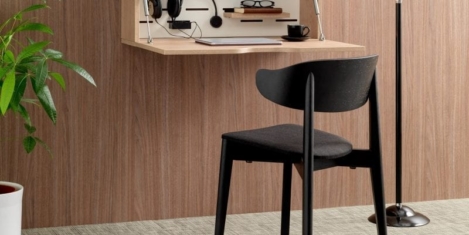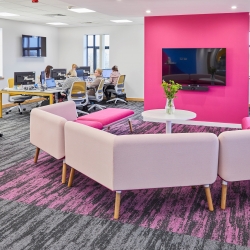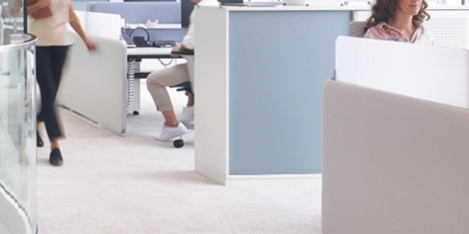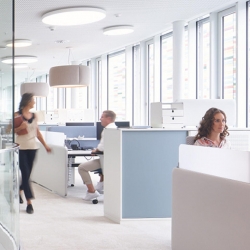To provide the best experiences, we use technologies like cookies to store and/or access device information. Consenting to these technologies will allow us to process data such as browsing behaviour or unique IDs on this site. Not consenting or withdrawing consent, may adversely affect certain features and functions.
The technical storage or access is strictly necessary for the legitimate purpose of enabling the use of a specific service explicitly requested by the subscriber or user, or for the sole purpose of carrying out the transmission of a communication over an electronic communications network.
The technical storage or access is necessary for the legitimate purpose of storing preferences that are not requested by the subscriber or user.
The technical storage or access that is used exclusively for statistical purposes.
The technical storage or access that is used exclusively for anonymous statistical purposes. Without a subpoena, voluntary compliance on the part of your Internet Service Provider, or additional records from a third party, information stored or retrieved for this purpose alone cannot usually be used to identify you.
The technical storage or access is required to create user profiles to send advertising, or to track the user on a website or across several websites for similar marketing purposes.
 As we adapt to a new way of working, whether it be working from home (WFH) full-time, or hybrid working, now is the time to reassess our home office setup to ensure it works for us – day in, day out. Building on the success of its Belong collection designed specifically for home working, the Bisley Hideaway is designed to suit homes where space is at a premium. The firm has also introduced a new Swing Desk to its Hideaway range, to help you create a multipurpose yet well-organised workspace. (more…)
As we adapt to a new way of working, whether it be working from home (WFH) full-time, or hybrid working, now is the time to reassess our home office setup to ensure it works for us – day in, day out. Building on the success of its Belong collection designed specifically for home working, the Bisley Hideaway is designed to suit homes where space is at a premium. The firm has also introduced a new Swing Desk to its Hideaway range, to help you create a multipurpose yet well-organised workspace. (more…)



































March 21, 2022
The lumpy, bumpy uncertainty of the future of work
by Mark Eltringham • Comment, Flexible working, Wellbeing